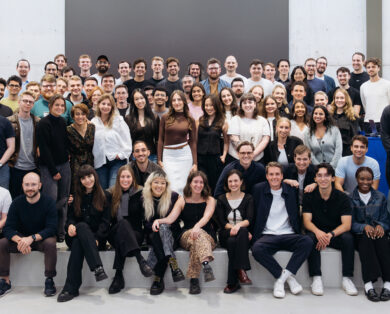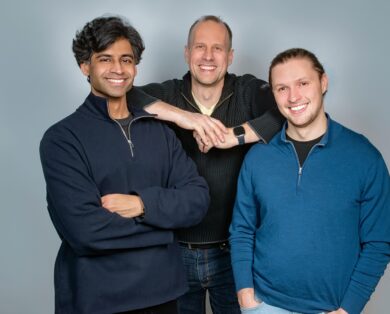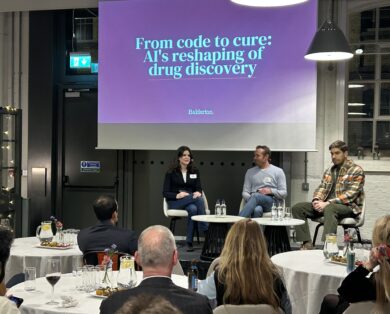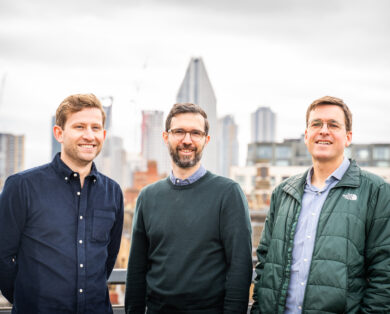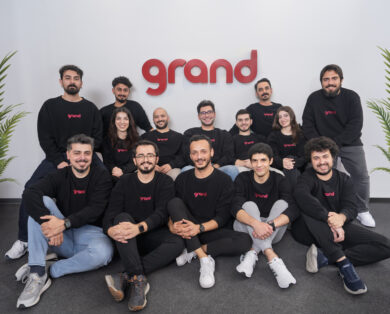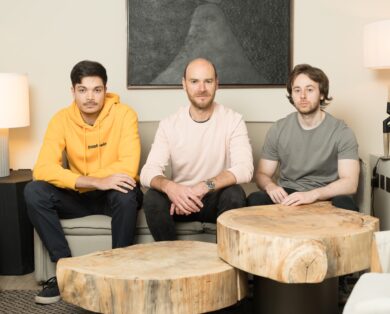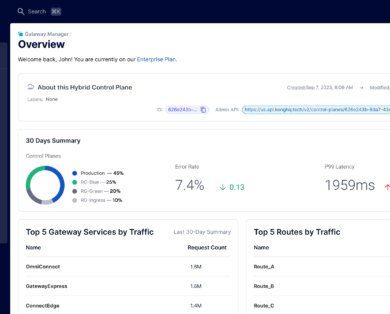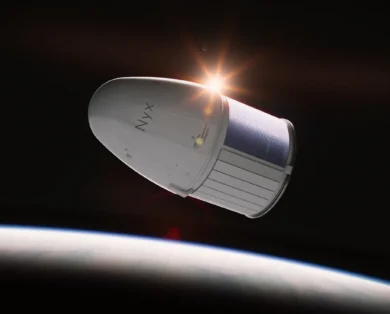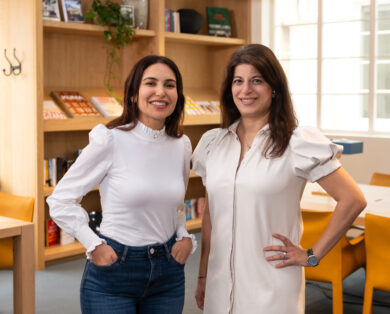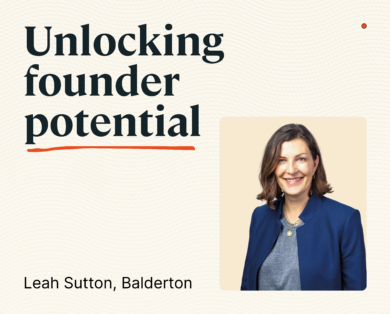- Portfolio News
- 04 March, 2025

Ed Cooke – Memory champion and cofounder of language-learning app Memrise – talks about the struggles faced by ed-tech entrepreneurs, the Membus project, and how memory-techniques can help entrepreneurs hone their investment pitch-deck…
00:44 At the moment, all the talk at Memrise is about a certain project… Ed explains exactly what the Membus is, and what it hopes to achieve.
02:05 Ed explains why using a brightly coloured, vintage bus to collate video clips of native language speakers isn’t just a bit of fun, but it’s integral to the collation of good quality video of 100,000 native speakers.
03:40 For those of us who haven’t had a go: How does Memrise help a user to learn a language?
04:40 Do old-school book-learning methods not work anymore?
05:51 Ed Cooke has trod an interesting path towards entrepreneurship: previously competing (with some success!) in the World Memory Championships.
08:21 TIPS: Ed shares a brilliant tip for entrepreneurs raising funds: how memory tactics can immeasurably improve the structure of an entrepreneur’s pitch deck…
11:41 Ed explains that memory isn’t just a storehouse, it’s a key factor in how we perceive and understand the world.
13:50 Bumps on the road? Ed talks about entrepreneurship’s more difficult moments. In particular: driving user-growth and achieving uniformity across platforms.
15:15 Another tip for entrepreneurs: 100 things are always wrong with your business… try and fix the top three, and forget the rest (for now!) The help priorities, Memrise implemented a management methodology called ‘Objectives and Key Results’, that was most famously used at Google.
17:20 EdTech, as an industry, can be difficult to penetrate for a few reasons, one of the most pertinent being that learning processes are genuinely difficult and complex, and can be longwinded. Therefore making them simple and approachable for users is a challenge. Secondly, schools are usually slow to adopt new technologies, so you need to find ‘another’ way in.

